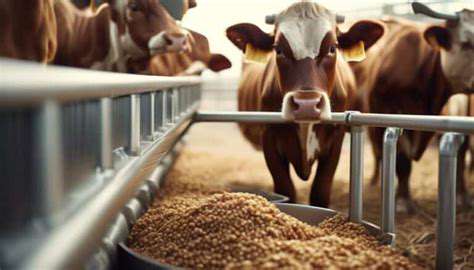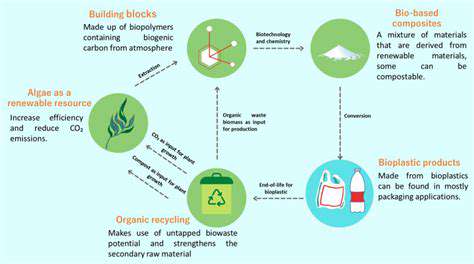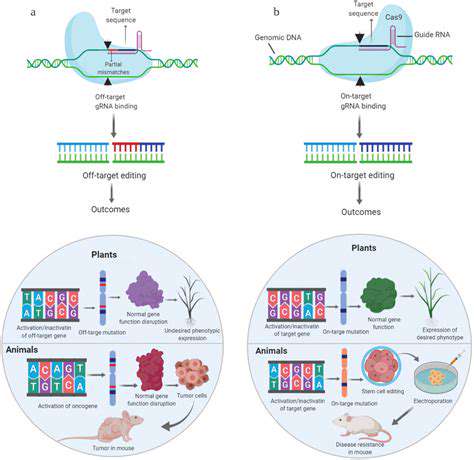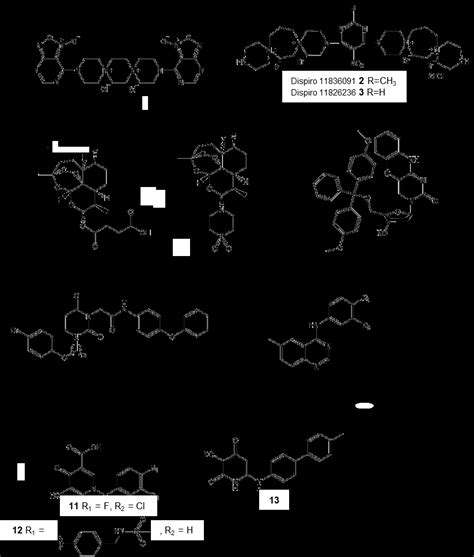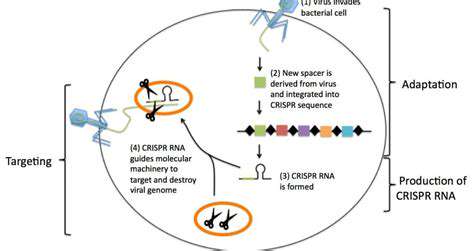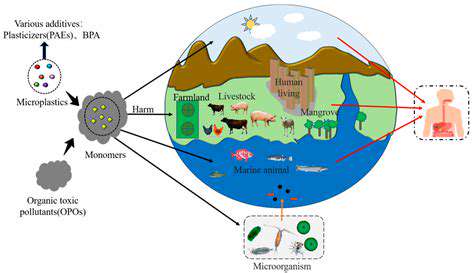Improving Meat Quality and Yield
Improving Meat Quality
CRISPR technology offers exciting possibilities for enhancing meat quality traits in livestock. By precisely targeting genes involved in muscle development, fat deposition, and even tenderness, researchers aim to create animals producing meat with superior texture, juiciness, and flavor profiles. This could lead to more palatable and desirable cuts, potentially increasing consumer appeal and market value for meat products. Ultimately, improved meat quality translates to a more efficient use of resources, boosting overall profitability for livestock producers.
One specific area of focus is altering the expression of genes related to collagen synthesis. Lowering collagen levels can lead to more tender meat, a highly sought-after attribute by consumers. This precise genetic manipulation through CRISPR promises a significant advancement in meat quality compared to traditional breeding methods.
Increasing Meat Yield
Beyond quality enhancements, CRISPR holds potential for increasing the overall meat yield from livestock. This can be achieved by modifying genes that regulate growth and development, potentially leading to animals with higher muscle mass and reduced fat content. Targeting genes responsible for factors affecting carcass composition, such as muscle fiber type, could also lead to more efficient conversion of feed into edible meat. This increased yield would offer substantial economic benefits to farmers by maximizing the output from their livestock.
Another aspect of increased meat yield relates to reducing the proportion of inedible parts, such as bones and organs. Targeted genetic modifications could lead to a more streamlined carcass structure, resulting in a higher percentage of usable meat from each animal. This efficiency in resource utilization is a significant advantage for the agricultural industry.
Addressing Concerns Surrounding CRISPR Technology
While the potential benefits of CRISPR in livestock are substantial, it's crucial to acknowledge and address potential concerns. Ethical considerations surrounding genetic modification in animals need careful evaluation. Long-term effects on animal health and well-being must be thoroughly studied to ensure that these modifications do not introduce unforeseen problems. Transparency and responsible research practices are paramount to building public trust and fostering acceptance of this innovative technology.
Potential ecological impacts of releasing genetically modified livestock into the environment also need careful consideration. Thorough assessments and safety protocols must be developed and implemented to mitigate any potential risks to wild populations and biodiversity. A comprehensive understanding of the potential consequences is essential to ensure the responsible and sustainable application of CRISPR technology in livestock.
Potential for Sustainable Agriculture
The ability to enhance meat quality and yield through CRISPR technology has significant implications for sustainable agriculture. By optimizing the efficiency of livestock production, we can potentially reduce the environmental impact associated with meat production, such as greenhouse gas emissions and land use. Improved feed conversion efficiency and reduced waste could contribute to a more sustainable agricultural system. This technology could lead to a more environmentally friendly approach to food production, allowing us to meet the growing global demand for meat while minimizing our impact on the planet.
Furthermore, enhanced meat quality could lead to reduced food waste during processing and consumption. Consumers often discard meat that doesn't meet their aesthetic standards. Improving the consistency and quality of meat products through CRISPR could minimize these instances of waste, contributing to a more efficient and sustainable food system overall. This is a crucial factor in meeting the increasing demand for food in a responsible and sustainable manner.
